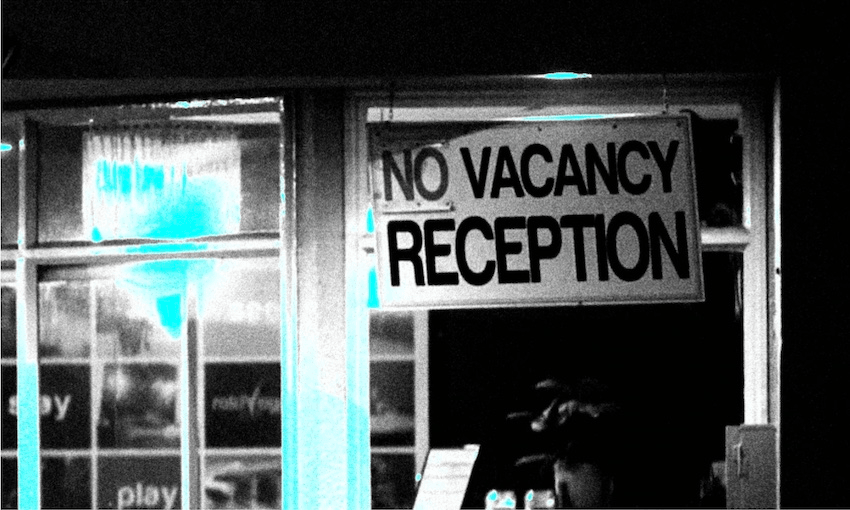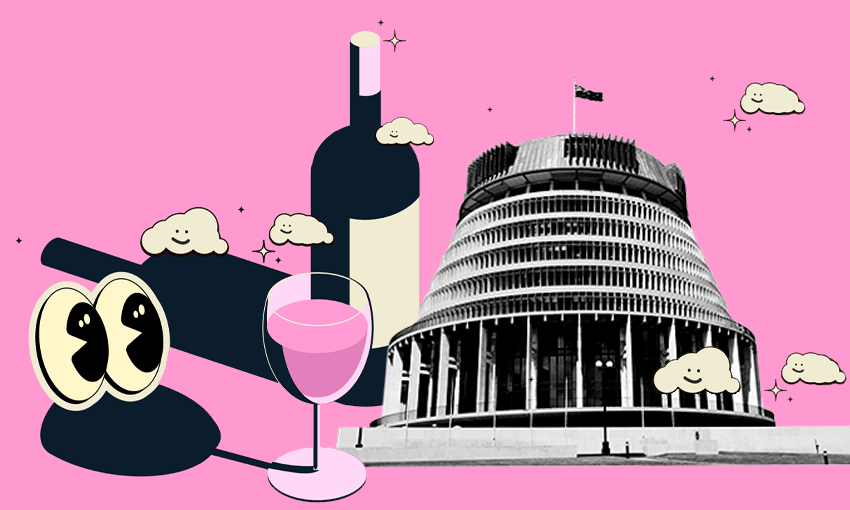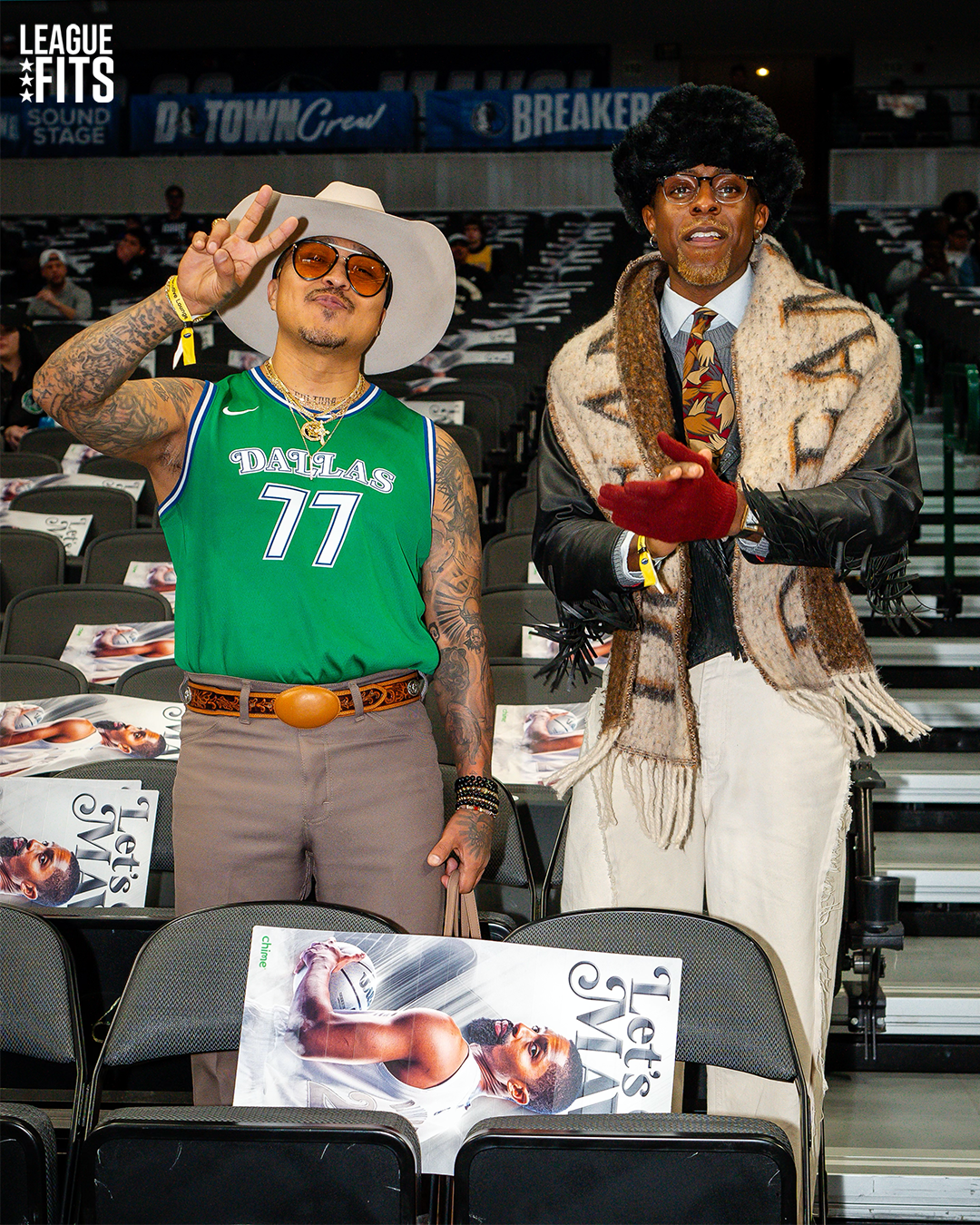Newshub collapses, and two of the most important news brands at TVNZ follow a week later. Duncan Greive assesses what we lose, and the miserable response of our leaders.
What we know is this. At TVNZ today meetings were held with teams that produce Sunday, Fair Go, Re: News and the midday and late night news bulletins. They were told that TVNZ is proposing that Sunday, Fair Go and those bulletins will cease from May, while Re: News will lose its entire leadership team. Let’s survey what that means.
- We lose Sunday. It’s the country’s flagship current affairs programme – longform, often investigative work which ranks among the most important journalism we produce.
- We lose Fair Go, a show that epitomises this country and acts as a pop culture consumer watchdog.
- The live ability to respond to unfolding events shrinks drastically
- The leadership of Re: News goes too, and with it the opportunity to learn from a small, agile, digital-first team that had much to teach the parent which incubated it.
It has, understandably, hit the fabled TVNZ newsroom incredibly hard. A friend texted me this morning: “Everyone is asking ‘what does TVNZ stand for?’ What is its purpose?’” That’s a fair question to ask. I spoke to an ex-TVNZ staffer who said “You used to write ‘TV is dead’ – it wasn’t true then – but we just saw it get its face blown off.” This is the combined load of the loss of Newshub in its entirety last week, and the decimation of its most hallowed teams at TVNZ.
When trying to weigh the loss, I keep thinking about Kristin Hall’s story for Sunday about the motels in Rotorua. It was vivid, beautifully shot, courageous journalism which exposed a beloved charity founder as behaving appallingly towards the very people he was meant to serve. I wrote at the time about what it uncovered “allegations of Black Power members working, of guards having sexual relations with vulnerable tenants. Of a pregnant woman in labour being tossed from her sister’s unit to go through the early stages of childbirth in her car, only to lose the baby two weeks later.” Not everything Sunday did was this impactful, but sometimes it was.
There is enormous public good in having this man’s behaviour exposed. If you’re a bad actor in New Zealand, you should be thrilled right now. Rest easy – we’re getting rid of our investigative TV reporters.
This shows the pure ignorance at the heart of the shrugging response of our prime minister – there is not a demand problem, simply a revenue problem for media. What he is saying here shouldn’t be missed – the “leave it to the market” idea was not considered acceptable for Air NZ, the airline he once ran. It has repeatedly been bailed out by the government, because it was considered unacceptable for a country to lack a national carrier. We are staring down the loss of almost 20% of the country’s news media jobs in a little over a week – but this is not considered important enough for any kind of intervention. News – the chief way we find out what is happening in our country – is fine to just vanish.
That the job losses at TVNZ arrive a week after the elimination of Newshub makes them land even harder, in part because they spell the end for TV current affairs for mass audiences. This work, its scope, its impact – this is what TV is about. If you have to cut 10% of your staff, this seems like the last place you’d look. Not just because of its vital role in scrutinising our society, but because it still rates incredibly well.
Last November, for example, Sunday drew 470,000 viewers, making it the third-most popular show on television. Fair Go was no slouch either, drawing 420,000 of its own. Ratings are revenue in television – making the decision more inscrutable. And as far as innovation goes – it wasn’t only older linear audiences it impacted. An episode cut for YouTube has over 100,000 views, proving that digital audiences are moved by this work too.
Fair Go was a wholly different type of show, one which for decades had taken an investigative approach to consumer rights, making it a kind of people’s small claims court. It too is wildly popular, and had a similarly spectral influence on business and government. The conclusion to a Fair Go story was very frequently a resolution in the complainants favour, and companies large and small changed their procedures and posture as a result. Again, if you’re ripping people off – open a beer – your chance of getting shamed on national TV just plummeted.
And how about Re: News, a youth brand that prospered in recent years, netting an extraordinary 11 Voyager nominations in 2023. It had cohered into a differentiated and vibrant identity, making content for younger audiences which took TVNZ’s brand and values and made them sing in new formats. It represented an investment in the future, and hope.
While it survives, it does so without its leader or visionary editor – and with them goes any serious belief that this could teach the wider newsroom about the ways of digital first. Of innovation, as our politicians keep preaching, as if it never occurred to those working in news media. This is not the first time TVNZ has blinked on a promising youth-focused project. Not even the first time in the past year.
In a statement, TVNZ CEO Jodie O’Donnell said: “We remain committed to delivering the most trusted and watched news and current affairs for New Zealand audiences, and what that looks like will change as we shift to a digital-first model.” It’s hard to see how trust will be increased through this, nor audiences retained with the loss of two of its highest-performing brands. And the shift to a digital-first model will be difficult to maintain without the leadership of your digital-first youth brand.
To be fair to TVNZ, its accounts are dire. It is spending more than its making, and has no reasonable expectation of that changing in the immediate term. There are no good cuts. But surely of the 250+ staff which remain in the news department, the 6pm bulletin might have been retained without quite so many to assemble it? Ex-TVNZ sources suggest it retains an unimaginable power within the organisation – it appears that gravity has meant its staffing has been protected at the expense of some other teams.
So here we are. A week on from the wholesale loss of Newshub, we contemplate the loss of the most powerful investigative journalism, consumer protection and youth focused news on its rival. It makes me think we’re not a serious country. We have courts, hospitals, schools, cops… but we increasingly lack for news.
Where does that leave TVNZ? It looked like it was a vibrant place for local and international content, held together with a spine of news and current affairs. Now it looks like a sales operation where everything else is just inventory.
I know this is not true. From young grads to senior leadership, the people I know at TVNZ are among the most committed and passionate people in the New Zealand media. They’re number one, they take that seriously, but not for granted. Those who survived today’s cuts are aching for their colleagues. And the company’s board and leadership will be hurting too. Still, this feels like the wrong move at the wrong time, that it says something fundamental about its priorities as an organisation.
The only faint hope is that when combined with the complete elimination of Newshub, that it forces a response from the government, or its agencies. Based on what we’ve seen so far, that seems increasingly unlikely. Instead, let’s just chalk this up as another win for the bad guys. There’s a few hundred less looking for you now.





















Discussion about this post